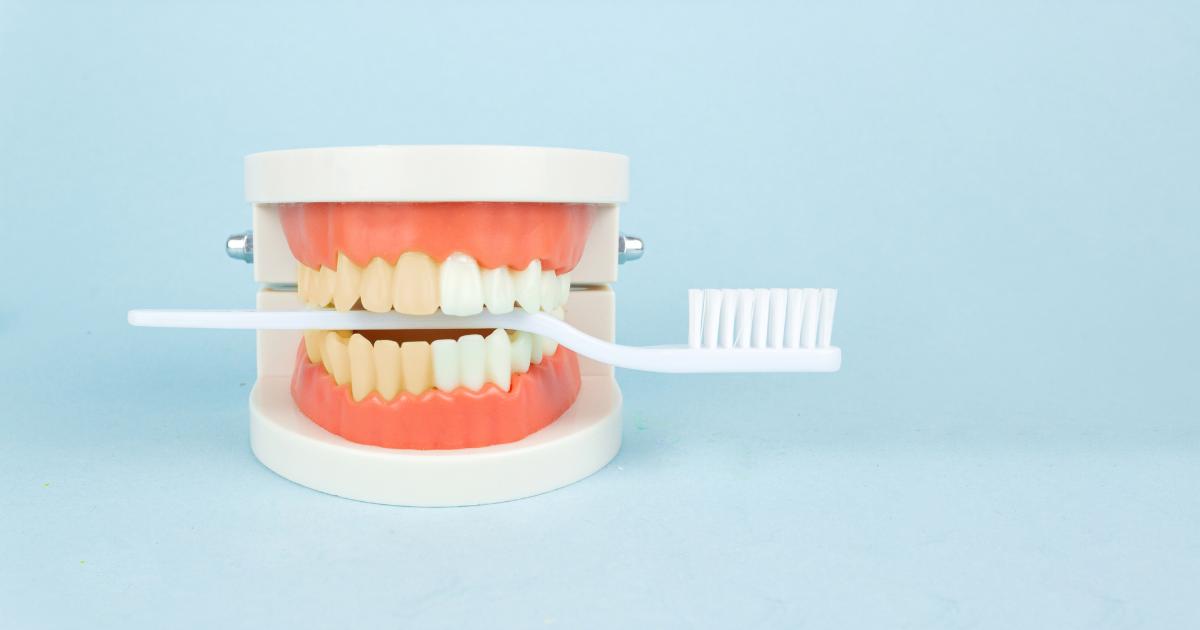Cavities are one of the most common dental problems, but the good news is they’re largely preventable. By adopting a few simple habits, you can keep your teeth healthy and avoid the discomfort and expense of tooth decay. Here are some of the best ways to prevent cavities and maintain a bright, healthy smile.
Advertisement
Brush Regularly and Properly
Brushing your teeth at least twice a day is the foundation of good oral hygiene. Use a fluoride toothpaste and a soft-bristled toothbrush to clean all surfaces of your teeth. Make sure to brush for at least two minutes, paying special attention to the gum line and the back teeth, where plaque tends to accumulate. Brushing properly removes food particles and bacteria that can cause cavities.

Don’t Forget to Floss
Flossing is just as important as brushing, yet it’s often overlooked. Flossing helps remove plaque and food particles from between your teeth and under the gum line, areas that your toothbrush can’t reach. Make it a habit to floss at least once a day to keep these hard-to-reach areas clean and prevent cavities from forming between your teeth.
Limit Sugary and Acidic Foods
Sugary and acidic foods and drinks are major culprits in cavity formation. Bacteria in your mouth feed on sugar and produce acid that erodes tooth enamel, leading to cavities. Try to limit your intake of sugary snacks, soda, and fruit juices. If you do indulge, rinse your mouth with water afterwards to help wash away some of the sugar and acid.
Drink Plenty of Water
Drinking water throughout the day helps keep your mouth clean and reduces the risk of cavities. Water helps rinse away food particles and bacteria, and it also promotes the production of saliva, which is your mouth’s natural defense against cavities. Saliva neutralizes acids and contains minerals that help repair tooth enamel.
Advertisement
Use Mouthwash
Adding an antimicrobial or fluoride mouthwash to your oral care routine can provide extra protection against cavities. Mouthwash can help kill bacteria, reduce plaque, and strengthen tooth enamel. Look for mouthwashes with the American Dental Association (ADA) Seal of Acceptance to ensure they meet safety and efficacy standards.
Chew Sugar-Free Gum
Chewing sugar-free gum, especially after meals, can help prevent cavities. Chewing gum stimulates saliva production, which helps neutralize acids and wash away food particles. Look for gum that contains xylitol, a natural sweetener that has been shown to reduce the amount of cavity-causing bacteria in your mouth.
Regular Dental Check-Ups
Visiting your dentist regularly is essential for maintaining good oral health and preventing cavities. Your dentist can detect early signs of tooth decay and provide treatments like professional cleanings and fluoride applications to keep your teeth healthy. Aim to see your dentist at least twice a year for check-ups and cleanings.

Conclusion: Simple Habits for a Healthy Smile
Preventing cavities doesn’t have to be complicated. By incorporating these simple habits into your daily routine – brushing and flossing regularly, limiting sugary and acidic foods, drinking plenty of water, using mouthwash, chewing sugar-free gum, and visiting your dentist – you can keep your teeth healthy and cavity-free. Remember, a little effort goes a long way in maintaining a bright and healthy smile.
References
- American Dental Association. (2021). Cavity Prevention Tips. Retrieved from ADA website.
- Mayo Clinic Staff. (2020). Dental Health: Preventing Cavities. Mayo Clinic. Retrieved from Mayo Clinic website.
- Featherstone, J. D. (2000). The Science and Practice of Caries Prevention. Journal of the American Dental Association, 131(7), 887-899.
- National Institute of Dental and Craniofacial Research. (2018). Dental Caries (Tooth Decay) in Adults (Age 20 to 64). Retrieved from NIDCR website.


